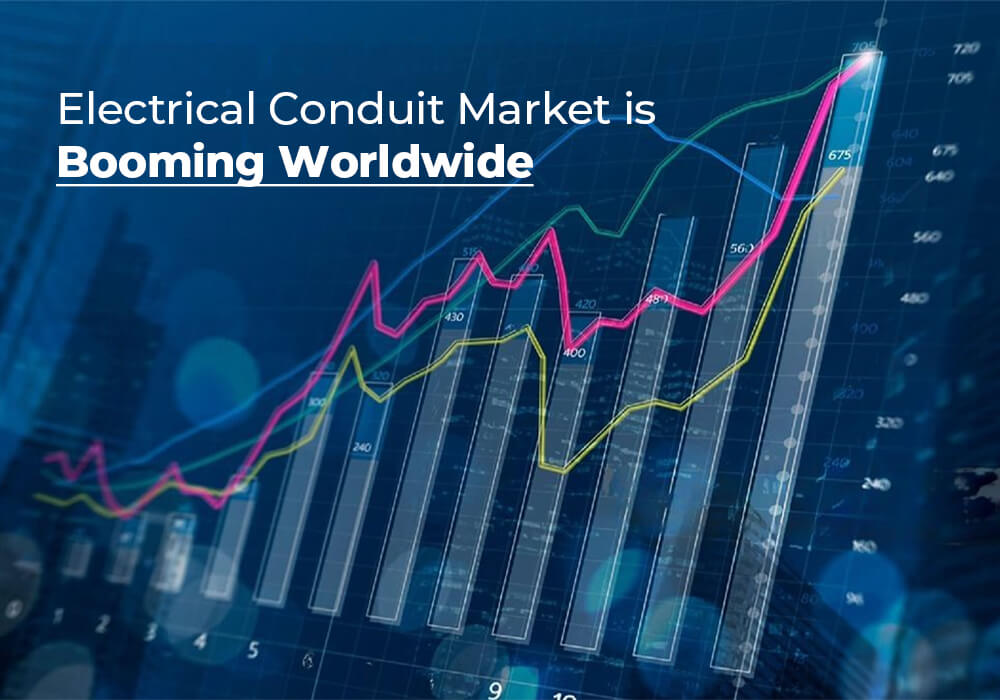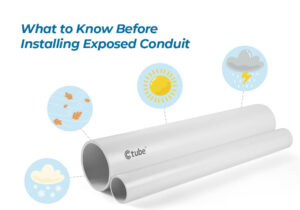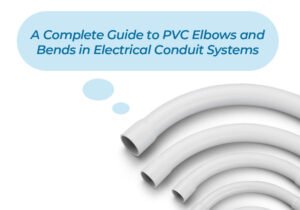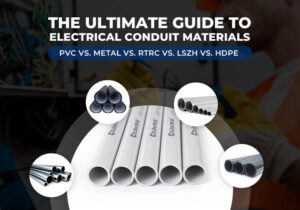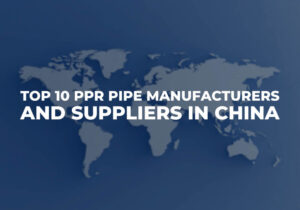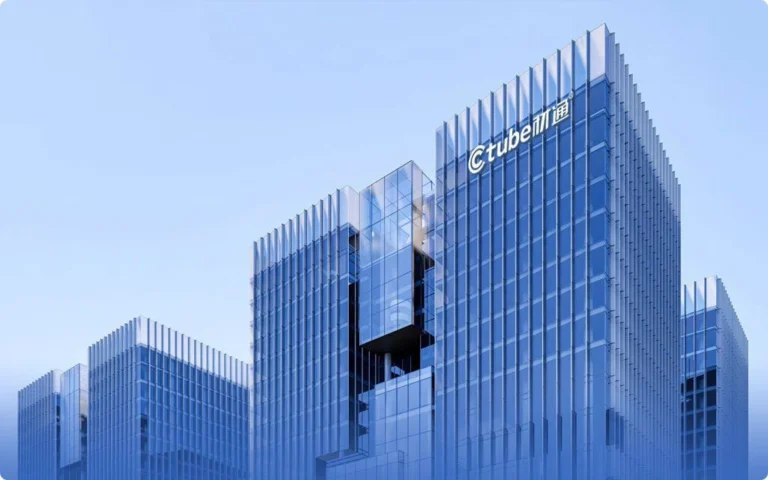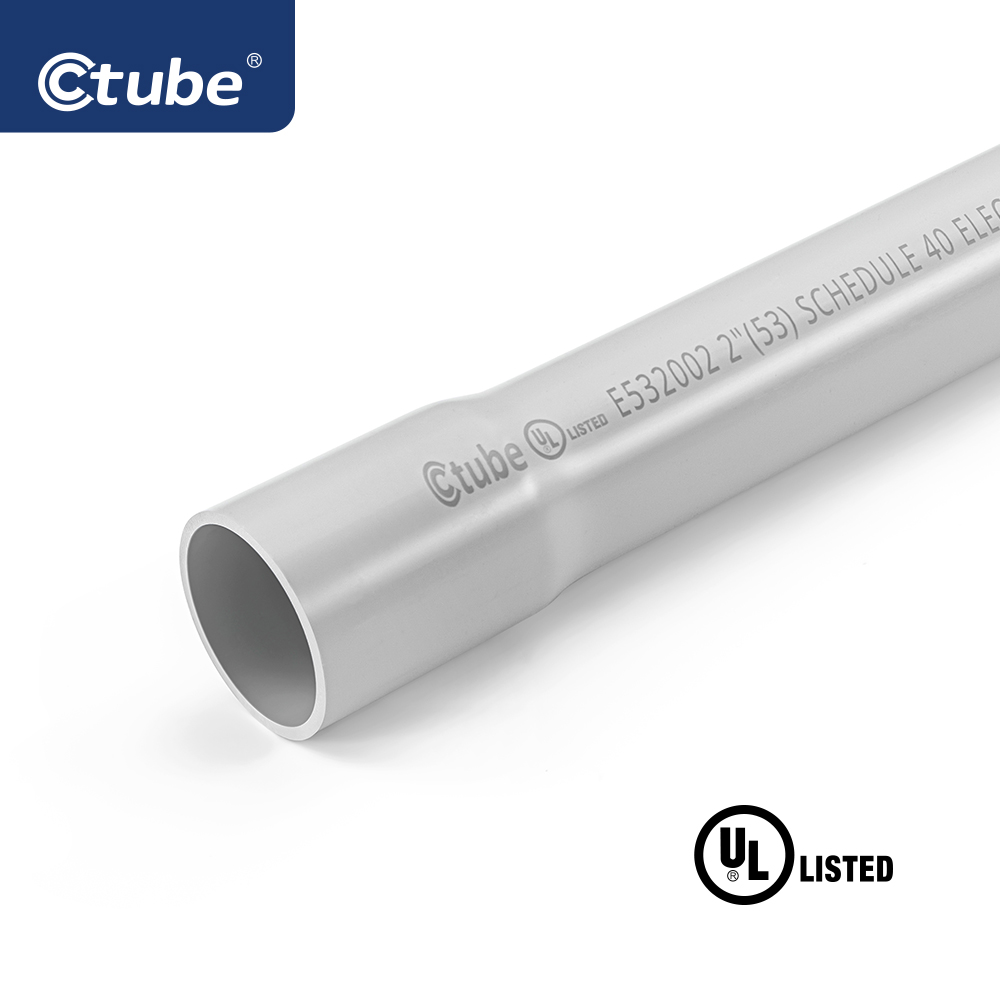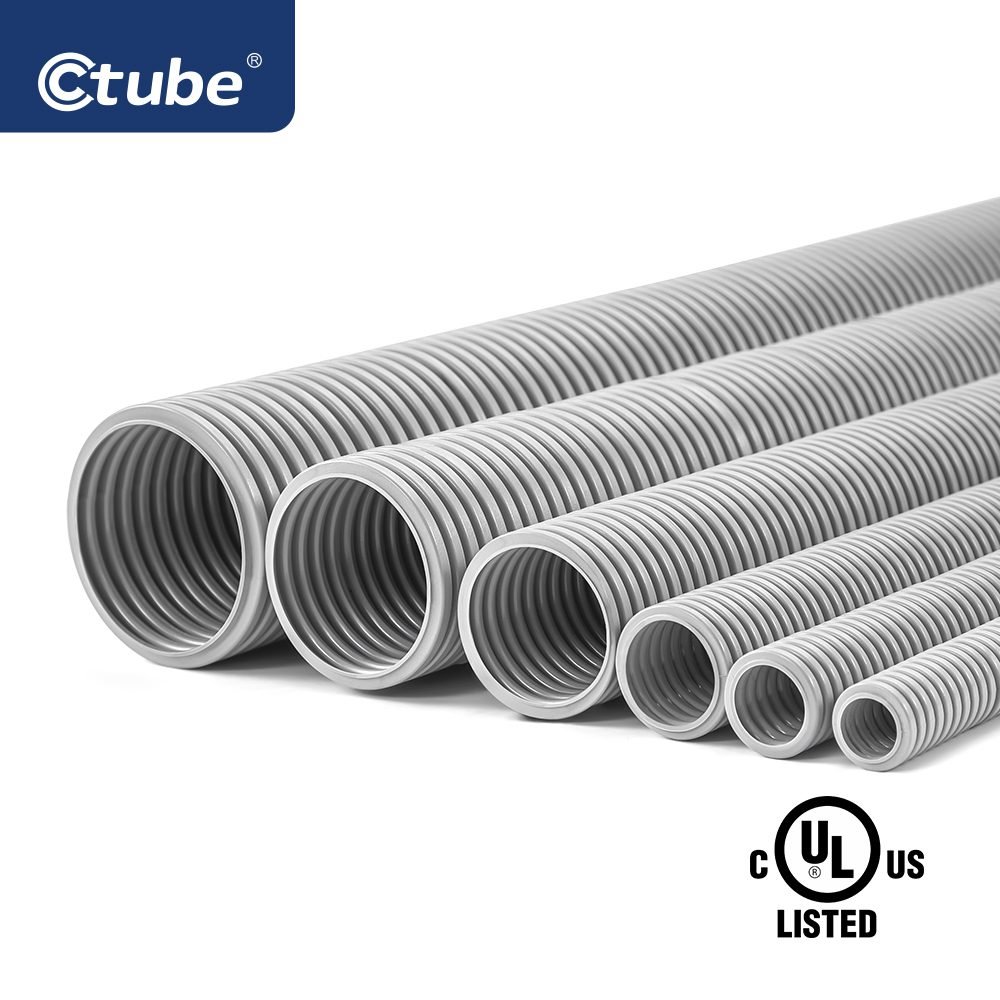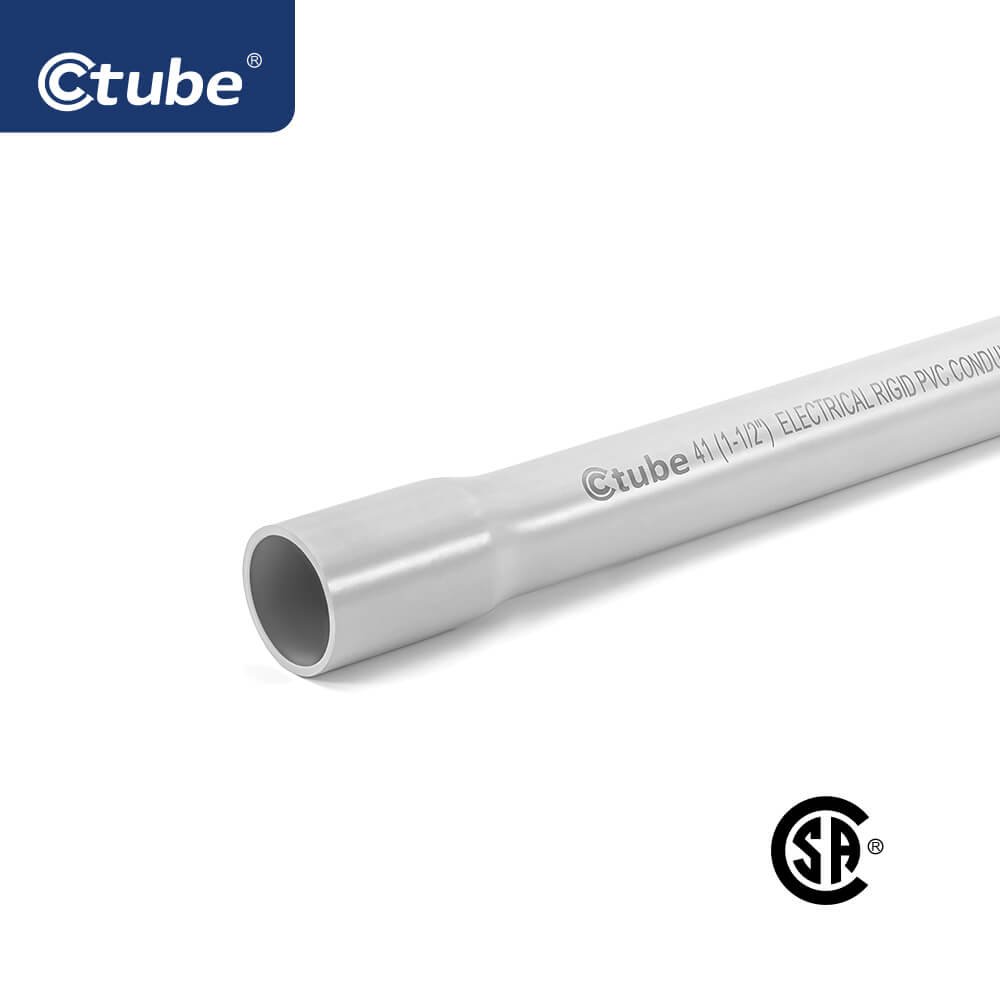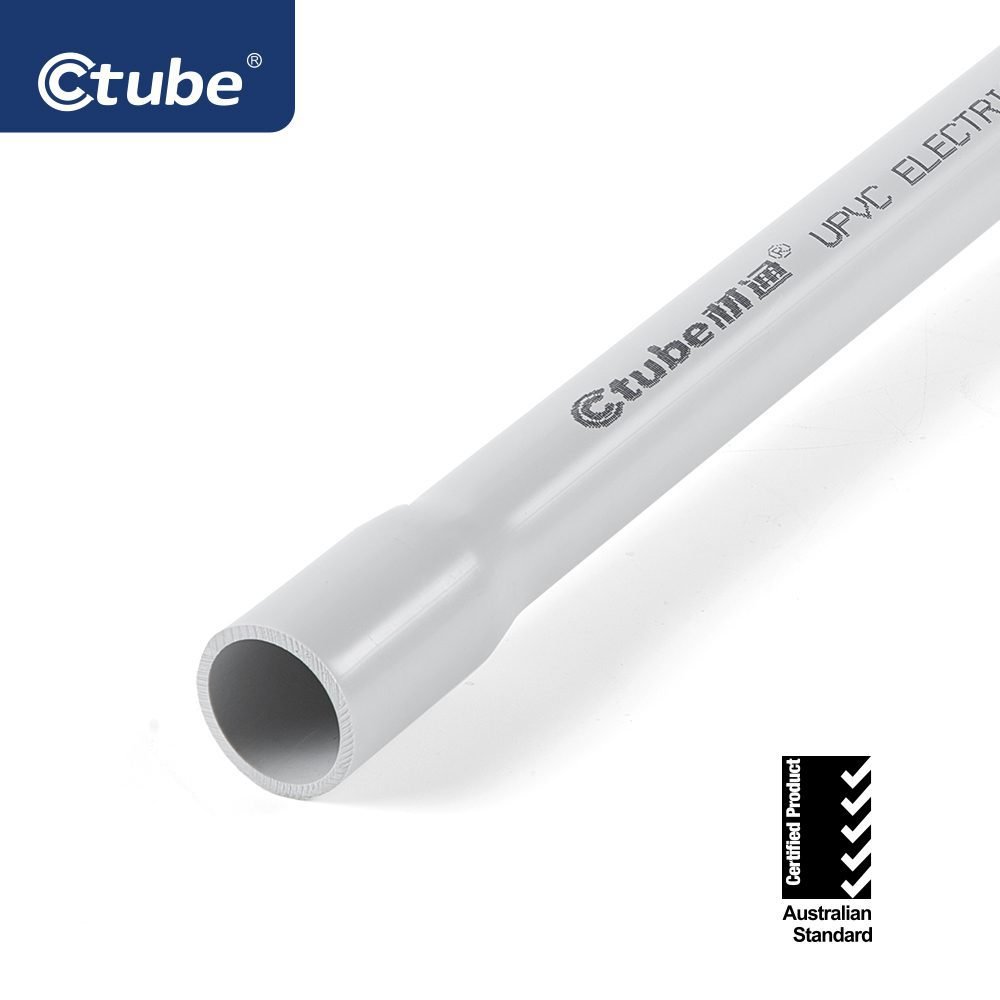Table of Contents
ToggleElectrical conduit is a tubular structure made of materials such as metal, plastic, or PVC, designed to protect electrical cables and wiring. It plays a crucial role in ensuring safe and organized cable management, safeguarding cables from environmental factors, physical damage, and electromagnetic interference. The applications of electrical conduit span across various industries, including residential, commercial, and industrial sectors.
Growing Demand and Applications:
In today’s digital age, the demand for efficient and reliable cable management solutions has surged. The increasing reliance on technologies such as data transmission, telecommunications, and industrial automation has led to intricate cabling systems that require proper organization and protection, the need for safe and reliable electrical conduit has become more crucial than ever. Electrical conduit serves as a protective pathway for electrical cables and wires, ensuring their safety and the smooth functioning of power distribution networks, data centers, telecommunications, and renewable energy installations. With its diverse applications and increasing demand, the electrical conduit market is experiencing significant growth.
Industry Trends and Growth Drivers:
The electrical conduit market is witnessing significant growth due to several factors.
- Increasing Demand for Infrastructure Development: The global demand for infrastructure development, including residential, commercial, and industrial projects, is driving the growth of the electrical conduit market. As new buildings, factories, and infrastructure projects are constructed, the need for secure and reliable electrical conduit systems to protect wiring and cables becomes essential.
- Growing Renewable Energy Sector: The rising adoption of renewable energy sources such as solar and wind power is contributing to the growth of the electrical conduit market. Conduit systems are vital for the installation of wiring in solar panels, wind turbines, and other renewable energy infrastructure, providing protection and ensuring efficient energy transmission.
- Increasing Data Center Construction: The proliferation of digital technologies and the demand for data storage and processing have led to the construction of numerous data centers worldwide. These data centers require reliable electrical conduit systems to support the intricate network of cables and wiring, ensuring uninterrupted power supply and data transmission.
- Emphasis on Safety and Code Compliance: Safety regulations and electrical codes play a crucial role in the electrical conduit market. Governments and industry bodies are continually updating and enforcing safety standards, driving the demand for conduit systems that meet these requirements. Conduit manufacturers are focusing on producing products that offer enhanced safety features, including fire resistance, insulation, and protection against electrical hazards.
- Technological Advancements in Conduit Materials: The development of new materials and manufacturing techniques is revolutionizing the electrical conduit industry. Advanced materials, such as high-density polyethylene (HDPE), fiberglass, and stainless steel, offer improved durability, corrosion resistance, and flexibility. These advancements provide consumers with a wider range of options and contribute to the market’s growth.
- Increasing Focus on Sustainable and Energy-Efficient Solutions: The growing emphasis on sustainability and energy efficiency is influencing the electrical conduit market. Conduit manufacturers are incorporating eco-friendly practices into their production processes and offering conduit systems that support energy-saving initiatives.
- Adoption of Smart Building Technologies: The rise of smart building technologies, including IoT devices and automation systems, requires sophisticated electrical conduit infrastructure. Smart buildings rely on conduit systems to manage and organize the extensive network of cables and wiring necessary for seamless connectivity and data exchange.
According to a report by Allied Market Research, the surge in demand for secure wiring systems, coupled with increased commercial construction activities, is driving the growth of the cable conduit market.The cable conduit market was valued at $4.4 billion in 2022, and it is projected to reach $9.3 billion by 2032, exhibiting a compound annual growth rate (CAGR) of 8.2% from 2023 to 2032. These figures highlight the robust growth potential and increasing significance of the cable conduit industry.
Currently, the most widely used types of electrical conduits are PVC conduits, metal conduits (such as galvanized steel or aluminum), and flexible conduits. These types cater to different applications and offer unique benefits.
The choice of conduit depends on factors such as the application, environment, and specific electrical code requirements. Here are some of the most widely used types:
Rigid Metal Conduit (RMC): RMC is a heavy-duty conduit made of galvanized steel or stainless steel. It provides excellent mechanical protection and is often used in industrial and commercial applications where durability and high-level protection are required.
Intermediate Metal Conduit (IMC): IMC is similar to RMC but is lighter and more cost-effective. It is also made of galvanized steel and provides moderate mechanical protection. IMC is commonly used in commercial and industrial applications.
Electrical Metallic Tubing (EMT): EMT is a lightweight conduit made of galvanized steel or aluminum. It is easy to work with and commonly used in residential and commercial applications. EMT provides good protection against physical damage but may not offer the same level of protection as RMC or IMC in harsh environments.
PVC Conduit: PVC (Polyvinyl Chloride) conduit is a non-metallic option made of rigid PVC material. It is lightweight, easy to install, and resistant to corrosion and moisture. PVC conduit is commonly used in residential and commercial applications, particularly where non-metallic conduit is required.
Flexible Metal Conduit (FMC): FMC, also known as “Greenfield,” is a flexible conduit made of spiral-wound metal strips, typically galvanized steel or aluminum. It offers flexibility and ease of installation, making it suitable for applications where wiring needs to be routed around obstacles or requires frequent changes.
Liquidtight Flexible Metal Conduit (LFMC): LFMC is similar to FMC but has an additional liquid-tight coating, usually made of PVC or thermoplastic rubber. It provides protection against moisture, oils, and other liquids and is commonly used in outdoor or wet locations.
Non-Metallic Conduit (NM or Romex): NM conduit, also known as Romex, is a type of non-metallic sheathed cable that includes multiple insulated conductors and a ground wire. It is commonly used in residential wiring for outlets, switches, and lighting fixtures. While it is not a conduit in the traditional sense, it serves a similar purpose of protecting and organizing electrical wiring.
Ctube: Innovating for the Electrical Conduit Industry
As a custom manufacturer focused on electrical conduit research and development, Ctube is committed to driving innovation and creating new opportunities in the market. By staying ahead of industry trends, Ctube aims to provide cutting-edge solutions that meet the evolving needs of the cable management industry. With a competitive product portfolio of rigid PVC and flexible conduit, Ctube has gradually emerged in the electrical industry and become one of the competitive brands, more and more people have recognized Ctube, and Ctube brand electrical conduits have been used in more and more large-scale projects.
Ctube’s Commitment to Sustainability:
Ctube recognizes the importance of environmental sustainability and is dedicated to developing eco-friendly conduit solutions. We actively invest in research and development to explore alternative materials and manufacturing processes that minimize environmental impact. By offering sustainable conduit options, Ctube aims to support the growing demand for environmentally responsible cable management solutions.
The electrical conduit industry continues to evolve and adapt to meet the changing needs of the market. With a focus on technological advancements, sustainability, and product innovation, the industry is poised for further growth as the demand for efficient cable management solutions continues to rise.

